The horrifying pervasiveness of police brutality
It's not just Baltimore...

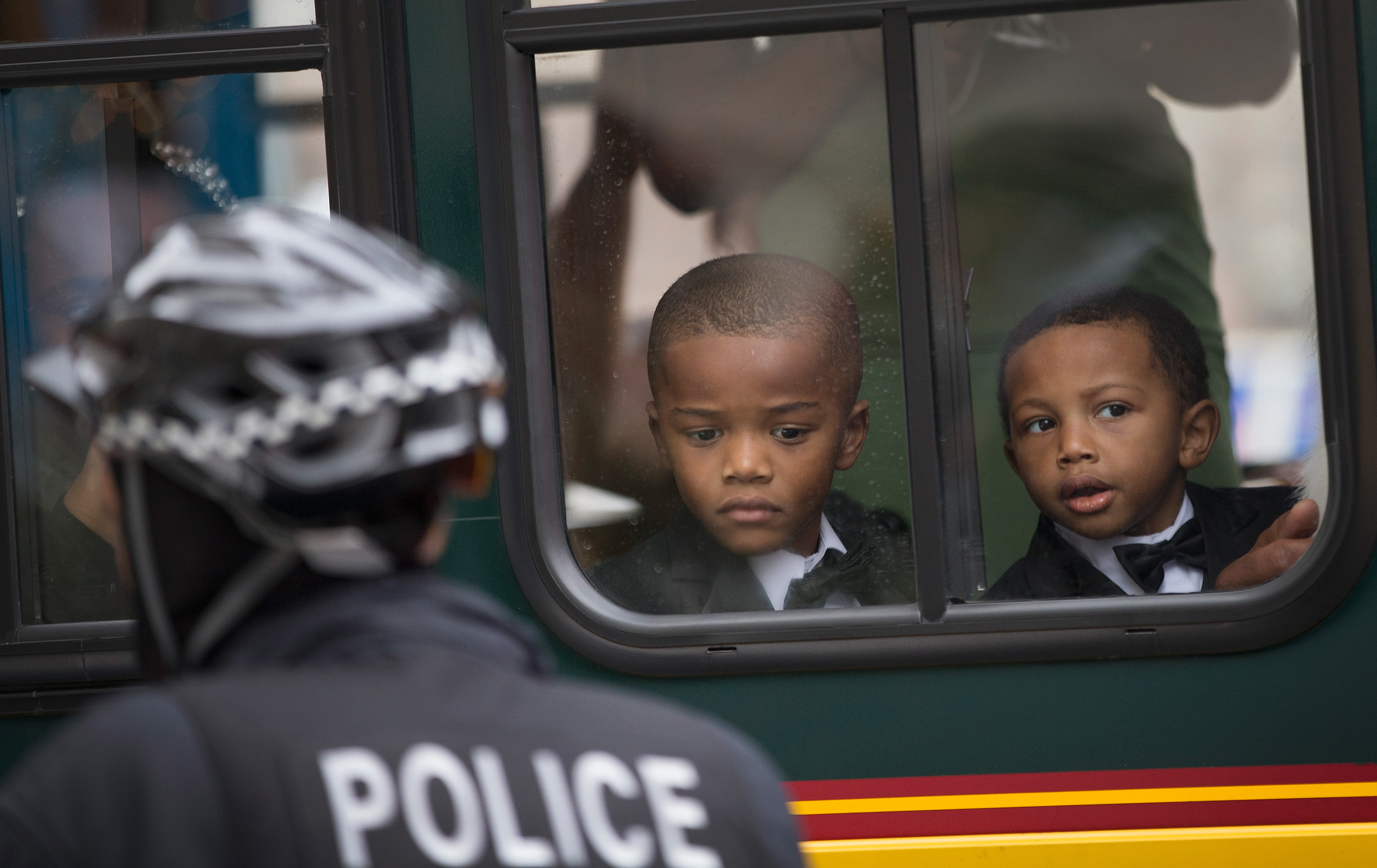
A free daily email with the biggest news stories of the day – and the best features from TheWeek.com
You are now subscribed
Your newsletter sign-up was successful
News consumption is driven by the moment. Whatever's going on today (or, in an increasingly Twitter-led news cycle, whatever's going on right now) will inevitably loom larger than the events of last week or last year. There's a kind of mono-vision to it, a sense that today is somehow entirely new, the spotlight putting everything that came before, and anything happening elsewhere, into shadow.
And thus, in the aftermath of the Baltimore riots, it's easy to focus on the protests surrounding the death of Freddie Gray, forgetting the context of police misconduct in which Gray was killed. It can be easy to forget that it was only nine months ago that we saw similar scenes spill out of Ferguson, Missouri. And it can be tempting to forget just how deeply American the problem of police brutality is, from sea to shining sea. Just pull out a map:
Philadelphia: In March, the Department of Justice reported that even as crime has dropped in Philadelphia, police shootings have increased. Between 2007 and 2014, Philadelphia police shot 394 people; of these, 59 died — leading to what the DOJ called an "undercurrent of significant strife" between the department and the people it's meant to serve. As so often happens, many of those shot were holding a cell phone, or putting a hand near their waist when they caught an officer's attention.
The Week
Escape your echo chamber. Get the facts behind the news, plus analysis from multiple perspectives.

Sign up for The Week's Free Newsletters
From our morning news briefing to a weekly Good News Newsletter, get the best of The Week delivered directly to your inbox.
From our morning news briefing to a weekly Good News Newsletter, get the best of The Week delivered directly to your inbox.
Cleveland: When 12-year-old Tamir Rice was killed late last year, the DOJ happened to be winding up its investigation of Cleveland's law enforcement; The Washington Post called the report "scathing." Investigators documented horrifying shooting incidents, detainees being beaten while in handcuffs, unreasonable force used on people with mental illness or in medical crisis — and a consistent failure to investigate or discipline the officers involved.
Chicago: The city of Chicago has finally offered a $5.5 million reparations package to the more than 100 survivors of police torture carried out under former Police Commander John Burge; this comes on top of $5.2 million the city has paid out over the past 10 years in other brutality and misconduct cases. Then there's the recent ACLU report regarding the CPD's widespread use of discriminatory "stop-and-frisk" tactics — and the deaths of Chicagoans like Rekia Boyd, Jamaal Moore, and Flint Farmer, all of whom were unarmed when they were shot and killed.
Albuquerque: The DOJ issued a report on the Albuquerque Police Department in April 2014, finding that it engages in "excessive force in violation of the Fourth Amendment." In what is by now familiar language, the DOJ established that "officers too frequently use deadly force against people who pose a minimal threat in situations where the conduct of the officers heightens the danger." Between 2010 and 2014, APD officers killed 27 people; one of these was James Boyd, a homeless man who, after being shot in the back, pleaded with officers: "Please don't hurt me anymore. I can't move."
Los Angeles: In early April of this year, protesters marched through downtown Los Angeles with 617 coffins, each bearing the name of someone killed in a police-involved shooting; activists are calling for an overhaul of law enforcement policies in Los Angeles County, including more aggressive investigation and prosecution of police misconduct. Just last week the ACLU launched the Mobile Justice CA app, designed to record interactions with law enforcement — and protect the footage from police tampering by sending it directly to the ACLU.
A free daily email with the biggest news stories of the day – and the best features from TheWeek.com
Five cities. Five vanishingly brief summaries of innumerable abuses. I haven't even mentioned Eric Garner in New York, or Antonio Zambrano-Montes in Pasco, Washington. I haven't mentioned 7-year-old Aiyana Stanley-Jones in Detroit, or 73-year-old Bernard Monroe in Homer, Louisiana. I can't mention the names, cases, and horror stories about which we still don't know.
One thing that we do know, beyond any doubt, is that the brunt of this recklessness and violence is borne by black and brown Americans. The Centers for Disease Control has found:
Native Americans, 0.8 percent of the population, comprise 1.9 percent of police killings. African Americans, 13 percent of the population, are victims in 26 percent of police shootings…. Latinos are victimized by police killings at a level 30 percent above average and 1.9 times the rate of white, non-Latinos. [CDC]
As Black Lives Matter activist DeRay Mckesson said recently on CNN: "The violence that the police have been inflicting on communities of color has been sustained and deep."
I've argued in the past that we need to honor each of these stories in all their complexity — that otherwise, we risk reducing human beings to mere symbols. Yet we run a parallel risk of siloing events, of failing to see where their complexities meet and bleed into a collective national nightmare.
This is not about Baltimore, and it's not about Ferguson. This is an American problem, informed by American culture. Black lives matter — and white silence is, frankly, white consent. All Americans need to start demanding change.
Emily L. Hauser is a long-time commentary writer. Her work has appeared in a variety of outlets, including The Daily Beast, Haaretz, The Forward, Chicago Tribune, and The Dallas Morning News, where she has looked at a wide range of topics, from helmet laws to forgetfulness to the Israeli-Palestinian conflict.
-
 Corruption: The spy sheikh and the president
Corruption: The spy sheikh and the presidentFeature Trump is at the center of another scandal
-
 Putin’s shadow war
Putin’s shadow warFeature The Kremlin is waging a campaign of sabotage and subversion against Ukraine’s allies in the West
-
 Media: Why did Bezos gut ‘The Washington Post’?
Media: Why did Bezos gut ‘The Washington Post’?Feature Possibilities include to curry favor with Trump or to try to end financial losses
-
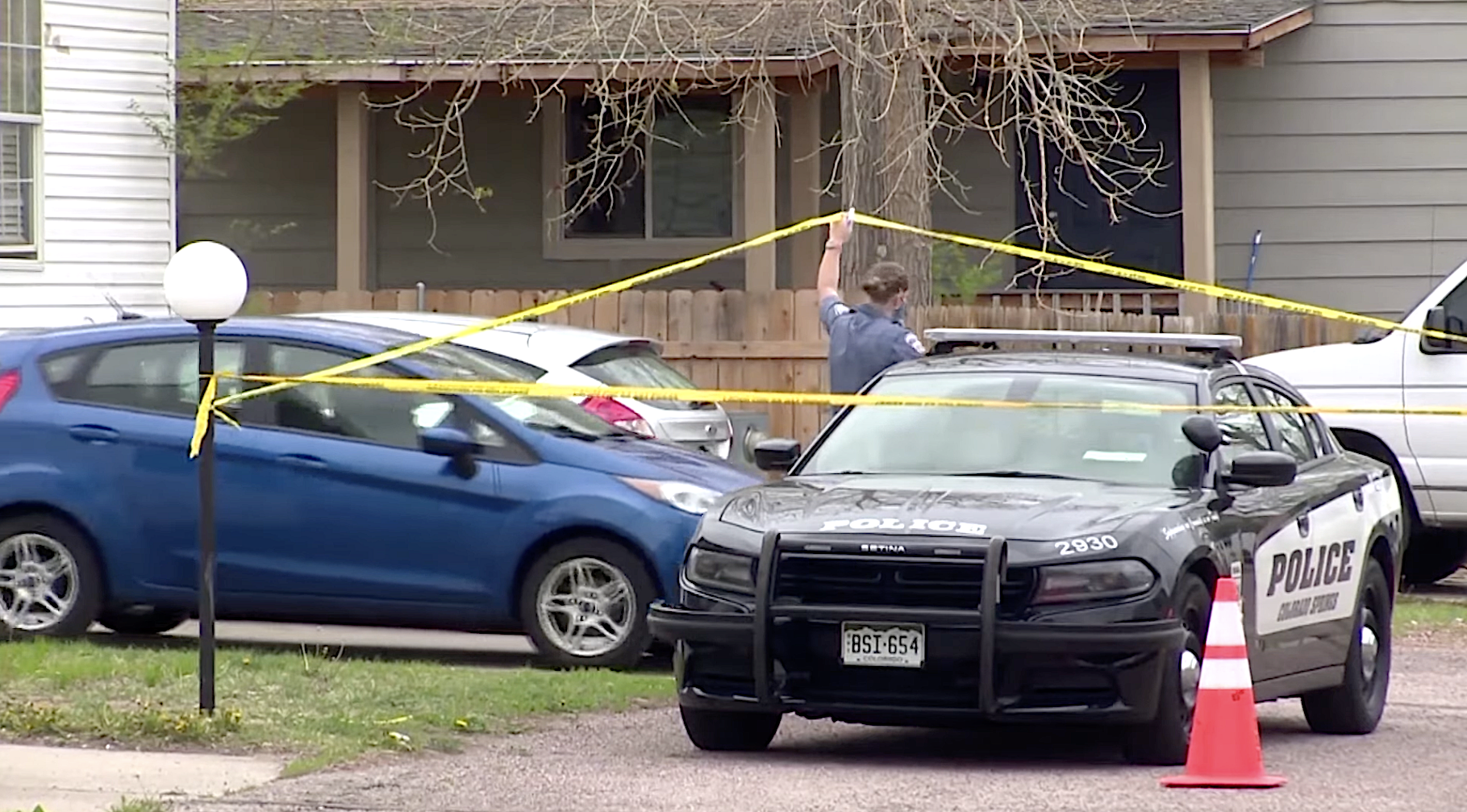 Gunman kills 6, himself at Colorado Springs birthday party
Gunman kills 6, himself at Colorado Springs birthday partySpeed Read
-
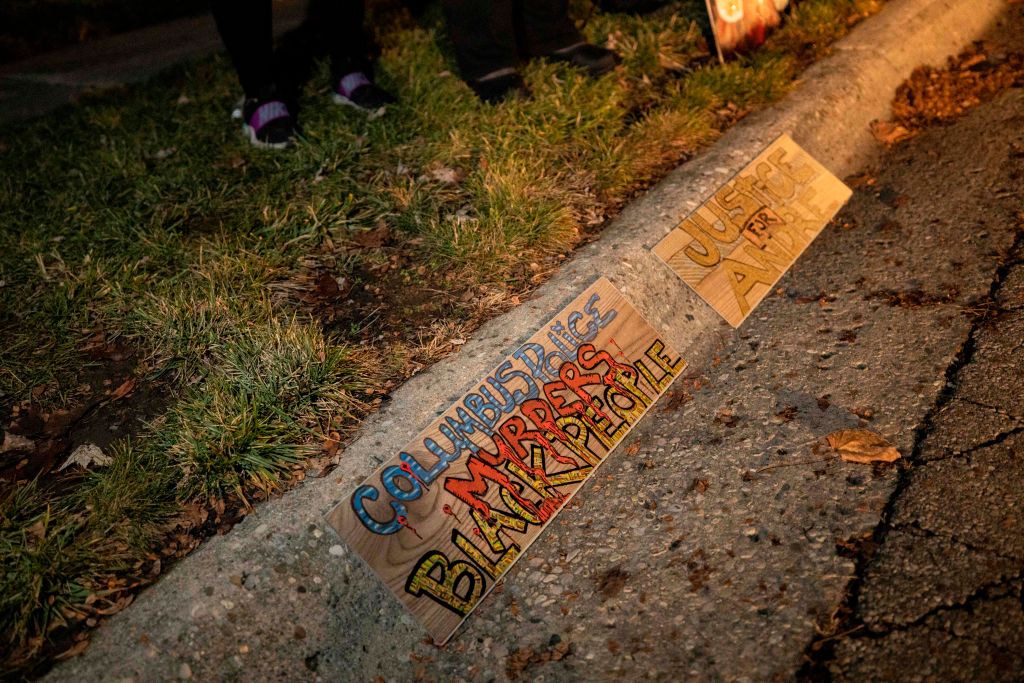 Columbus police fatally shoots Ma'Khia Bryant, 16, quickly releases body-cam footage
Columbus police fatally shoots Ma'Khia Bryant, 16, quickly releases body-cam footageSpeed Read
-
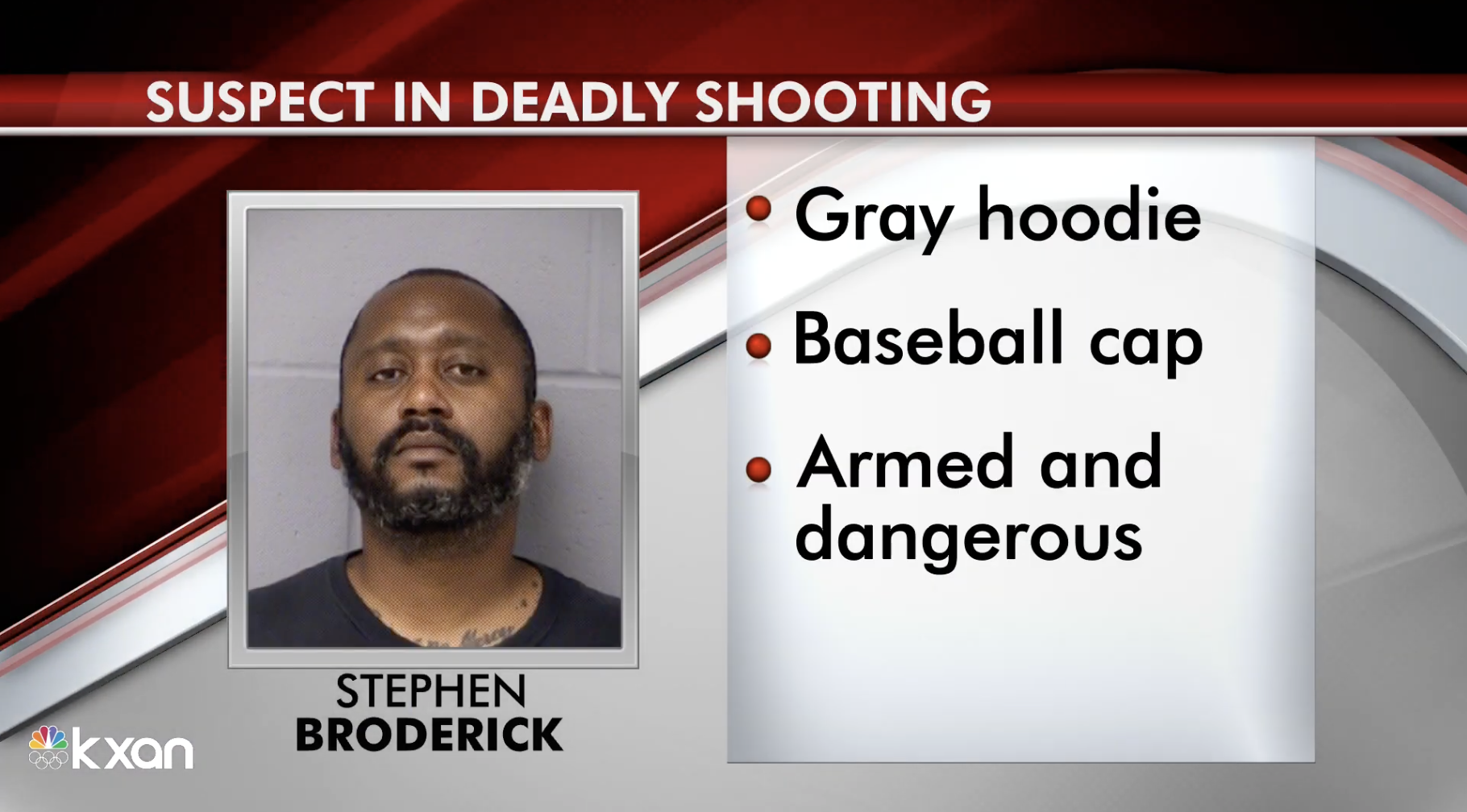 Austin police, feds searching for ex-sheriff's deputy accused of killing 3, in Sunday's 2nd mass shooting
Austin police, feds searching for ex-sheriff's deputy accused of killing 3, in Sunday's 2nd mass shootingSpeed Read
-
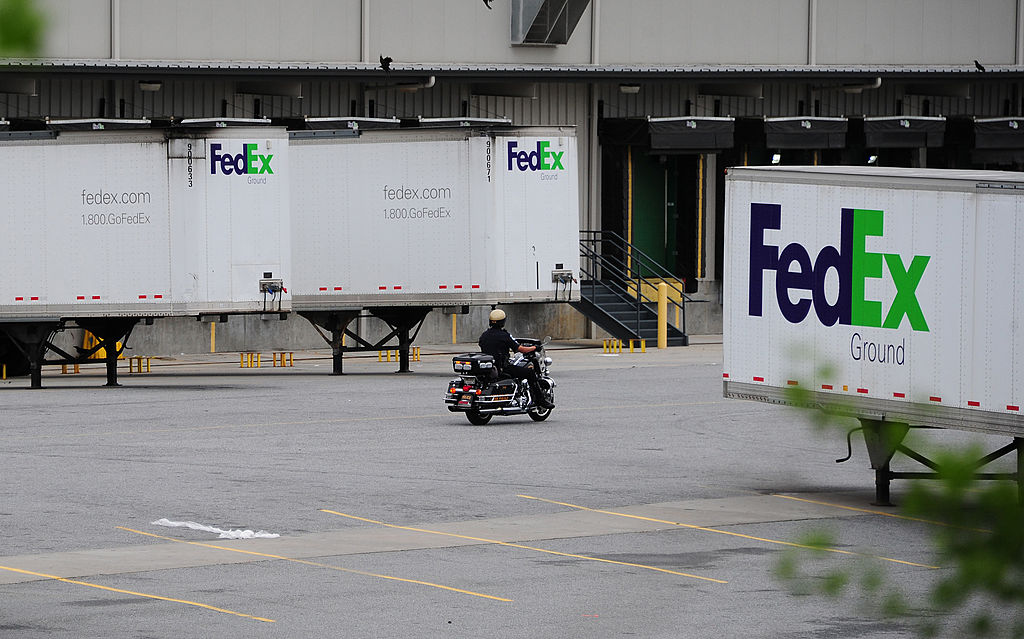 At least 8 dead in Indianapolis FedEx shooting
At least 8 dead in Indianapolis FedEx shootingSpeed Read
-
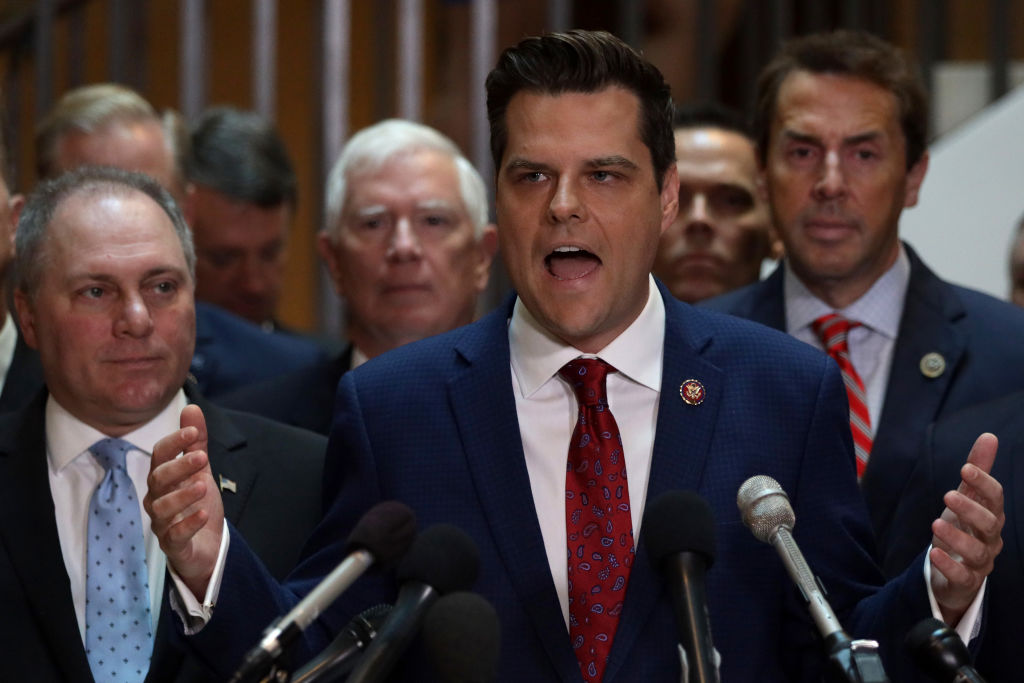 Scalise says GOP will 'take action' on Gaetz if DOJ moves ahead with 'formal' case
Scalise says GOP will 'take action' on Gaetz if DOJ moves ahead with 'formal' caseSpeed Read
-
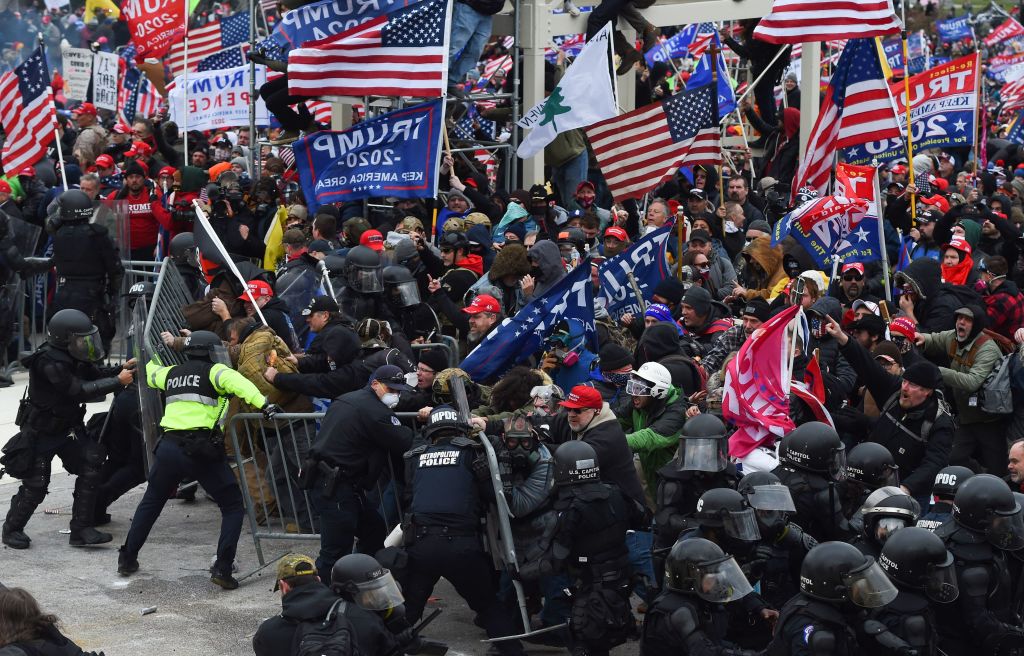 Watchdog report: Capitol Police knew about potential for violence on Jan. 6, but held back
Watchdog report: Capitol Police knew about potential for violence on Jan. 6, but held backSpeed Read
-
 Former classmate arrested in 1996 disappearance of college student Kristin Smart
Former classmate arrested in 1996 disappearance of college student Kristin SmartSpeed Read
-
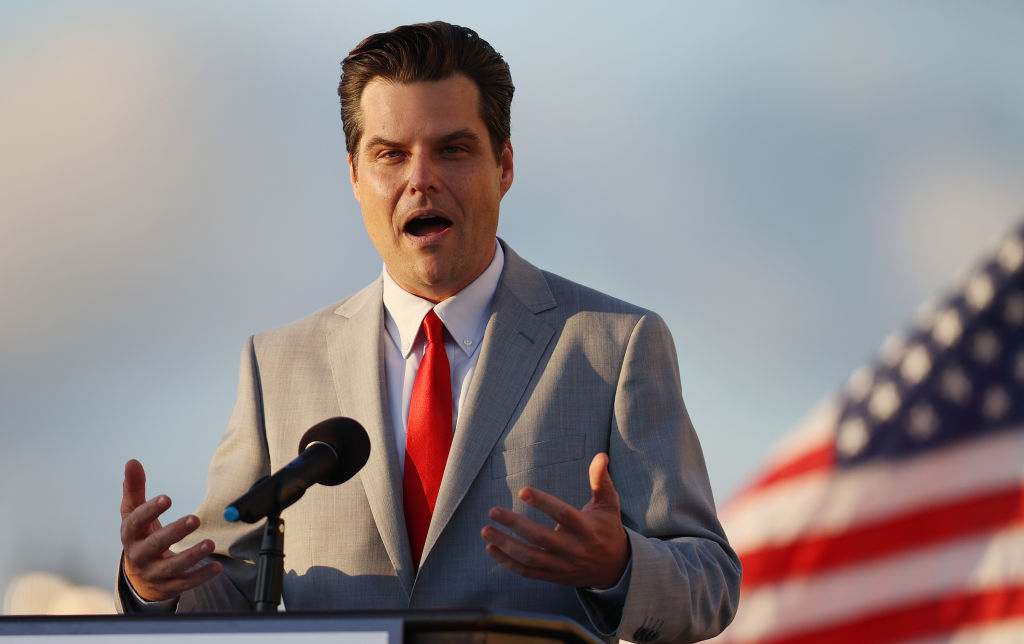 Report: Gaetz associate has been cooperating with federal investigators since last year
Report: Gaetz associate has been cooperating with federal investigators since last yearSpeed Read
